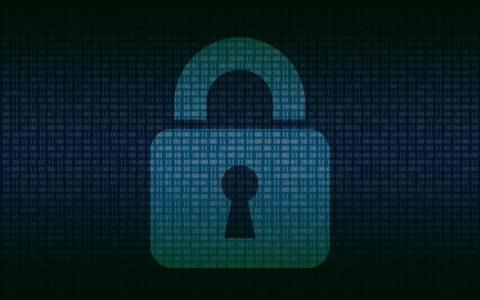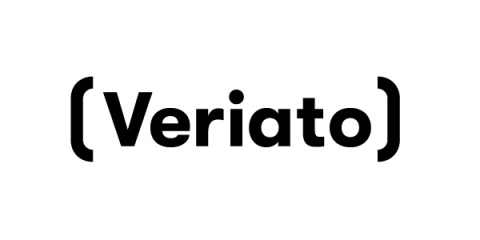Security | Threat Detection | Cyberattacks | DevSecOps | Compliance
Veriato
Bossware and the Future of Work
Recently, there has been considerable coverage of “bossware” and a focus on draconian types of “surveillance” some companies are using to stay on top of remote and flexible workforces. Articles claim companies are accessing the camera on laptops and tracking every movement so that employees can’t even go to the bathroom. In 1992, the New York Times ran a long article about Caller ID and how the new technology was an invasion of privacy.
Employee Monitoring & Insider Threat Detection in a Post COVID World
The Myths and Truths of Employee Monitoring
Early in the pandemic, searches related to “how to monitor employees working from home” increased by 1,705%. Without the oversight of managers in an office setting, many companies are concerned that their employees are less productive, and that there is an increase risk to the company. This is a major reason why the use of employee monitoring technology has soared in the past year.
When To be Suspicious About Work-From-Home Employees (or Not)
Perhaps someone doesn’t answer a Slack message as quickly as they should, or they have long hours blocked on their calendar. Maybe someone doesn’t seem motivated during team meetings or they are slow to complete work. While research has shown that overall, productivity has actually increased as a result of the work-from-home movement, managers know all too well what it’s like to be suspicious that someone is taking advantage of their new work arrangement.
Avoid These Employee Monitoring Blunders
In September 2021, 45% of full-time employees were still working remotely, and the trend is hard to reverse. People like the freedom of working from home. Without a commute, they save time. Without a boss looming in the background, they can multi-task at home. And, without an office full of colleagues, they don’t have to worry about dressing up or having water cooler chit-chat. While employees see these changes as positives, businesses see remote workers as a bit of a risk.
How to Rebrand 'Bossware' at Your Company
Gone are the days where bosses could simply walk by an employee’s desk and peek at their computer screen to see if they were on task. At the end of last year, 45% of full-time employees worked from home at least part of the time, and many want to keep it that way. Enter employee monitoring, not-so-affectionally known as “bossware.” It’s software that companies install to better understand what it is their employees are doing all day.
The Future of Work Requires More Transparent Management
Most knowledge-economy workplaces are embracing the remote future of work. The question for these leaders is how to manage a workforce that may physically congregate in the office only once or twice a week, if ever. According to Gallup, as many as two-thirds of white-collar U.S. employees worked exclusively from home during the pandemic, a massive shift that will shape workplace culture for years to come.
How to Establish an Insider Risk Security Team
The new era of remote work launched by COVID has given millions of employees the ability to work on their own terms and spend more time with their families. Unfortunately, remote work also comes with certain security risks, as organizations now need to guard against increased exposure to cybersecurity concerns with little physical oversight. But embracing remote work does not need to mean handing employees’ laptops with sensitive company information and hoping all goes well.
Are Your Employees Creating Risks For Your Organization While Working at Home?
This is the important question that Veriato Head of Product & Technology, Jay Godse asks in his new article, published this week. With so many employees working from home, it’s hard for CISOs, managers and HR leaders to know what they are doing, and that creates risk. Don’t wait until it’s too late. Threats to the company are much harder to spot when people are working at home.











